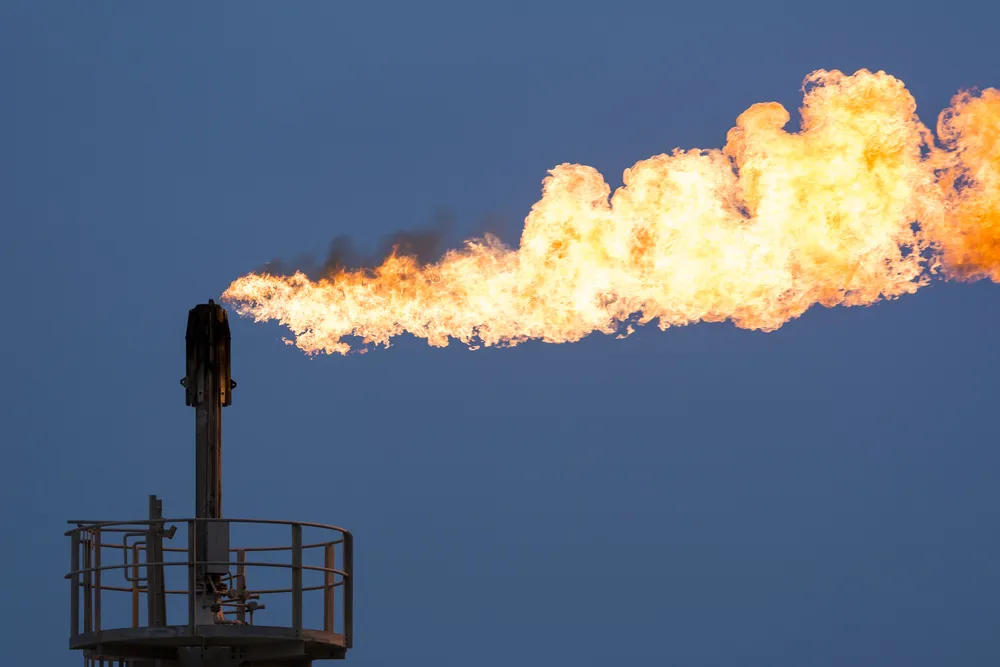LNG Trading and Market Dynamics Course
Introduction:
This LNG Trading and Market Dynamics course offers a deep understanding of the rapidly changing world of liquefied natural gas, focusing on key concepts crucial for success in the industry. It's ideal for beginners and professionals looking to enhance their skills, as it explores LNG's role in the energy mix as a cleaner alternative to other fossil fuels.
The course covers various aspects of LNG trading, beginning with fundamental concepts and advancing to complex trading strategies. Participants will learn the core principles of LNG operations within the broader energy market, including trade promotion, income sources, pricing, market specifics, and essential components of trade agreements for efficient operation.
Guided by industry experts, participants will gain the knowledge needed to assess the LNG market, evaluate opportunities, and solve challenges. The course prepares individuals to navigate the fast-growing LNG trading sector and make informed decisions.
Objectives:
By the end of the LNG Trading and Market Dynamics course, participants will be able to:
- Understand the fundamentals of LNG.
- Learn the basic principles of LNG trading.
- Appreciate the core of LNG trading.
- Connect and apply advanced marketing and trading techniques.
- Grasp the key elements of LNG trading.
- Analyze major factors influencing the LNG market.
- Prepare for various aspects of LNG business.
- Relate LNG trading to the broader energy industry.
- Evaluate risks in LNG trading.
- Apply practical LNG trading knowledge.
Training Methodology:
- Case study analysis
- Group discussions
- Role-playing activities
- Expert-led sessions
- Problem-solving workshops
- Market trend analysis
- Real-time data evaluation
Course Outline:
Unit 1: Overview of LNG:
- Definition and origins of LNG
- Differences between LNG and natural gas
- LNG storage and usage
- Reasons for increasing LNG adoption
- Safety concerns: Is LNG explosive?
- Concepts of liquefaction and regasification
Unit 2: LNG Production:
- Chemical composition and characteristics of LNG
- Production process steps
- Cryogenic storage and its importance
- LNG shipping procedures
- Liquefaction process and global demand
- Details of LNG storage tanks
- Multiple processing plants (Trains) and their significance
- Global LNG Train distribution
- Importance of regasification
Unit 3: LNG Shipping:
- LNG shipping and its role in the value chain
- Transportation costs and their impact
- Shipping demand fundamentals
- Demand/supply models
- LNG tanker technologies
- Laws and regulations for LNG carriers
- Containment systems, vessel sizes, and capacities
- LNG trading and chartering support
- Sourcing and regasification project delivery
Unit 4: Floating Production & Regasification Platforms:
- Turnkey contracts in floating LNG projects
- FLNG's role in LNG trade
- FLNG execution plans
- Impact of FLNG on replacing onshore facilities
- FLNG's effect on project costs
- New market entrants in LNG trade
- Floating regasification vessels (FSRU) and their benefits
- FSRU's role in small-scale delivery
- Floating Liquefaction Storage and Offloading (FLSO)
- Greenfield carbon pipeline phases
Unit 5: Pricing & Risk Management:
- LNG supply chain evolution
- Long-term contracts in LNG trading
- Sale and Purchase Agreements (SPA)
- Spot contracts and cargo pricing
- Parity pricing and diversion clauses
- Credit risk mitigation in LNG trading
- Development of trading strategies
Unit 6: Legal Structure & Commercial Issues:
- Standard project structures for LNG export
- Integrated upstream and merchant models
- Tolling model advantages and risks
- Legal requirements and policies for LNG projects
- Risk/reward factors for stakeholders
- Damages, compensation, warranties, and force majeure in LNG contracts
Unit 7: Emergence of Small-Scale LNG (SSLNG):
- Drivers behind SSLNG development
- SSLNG production capacity and carrier sizes
- SSLNG value chain structure
- Key drivers for SSLNG operations
- SSLNG advantages and disadvantages
- Parameters for sustaining SSLNG infrastructure
Unit 8: Evolving Global LNG Market Dynamics:
- Current global LNG industry state
- Challenges to future LNG export growth
- Shift from oil-linked to spot/hub-based LNG pricing
- Expected LNG demand growth
- Political risks of LNG exports for the USA
- LNG shipbuilding activity and market developments
- Impact of clean air regulations on LNG transportation
Unit 9: LNG Supply Chain Management:
- Importance of supply chain management in LNG projects
- Efficient upstream supply chain processes
- Enhancing supply chain management with concepts like FLNG


















